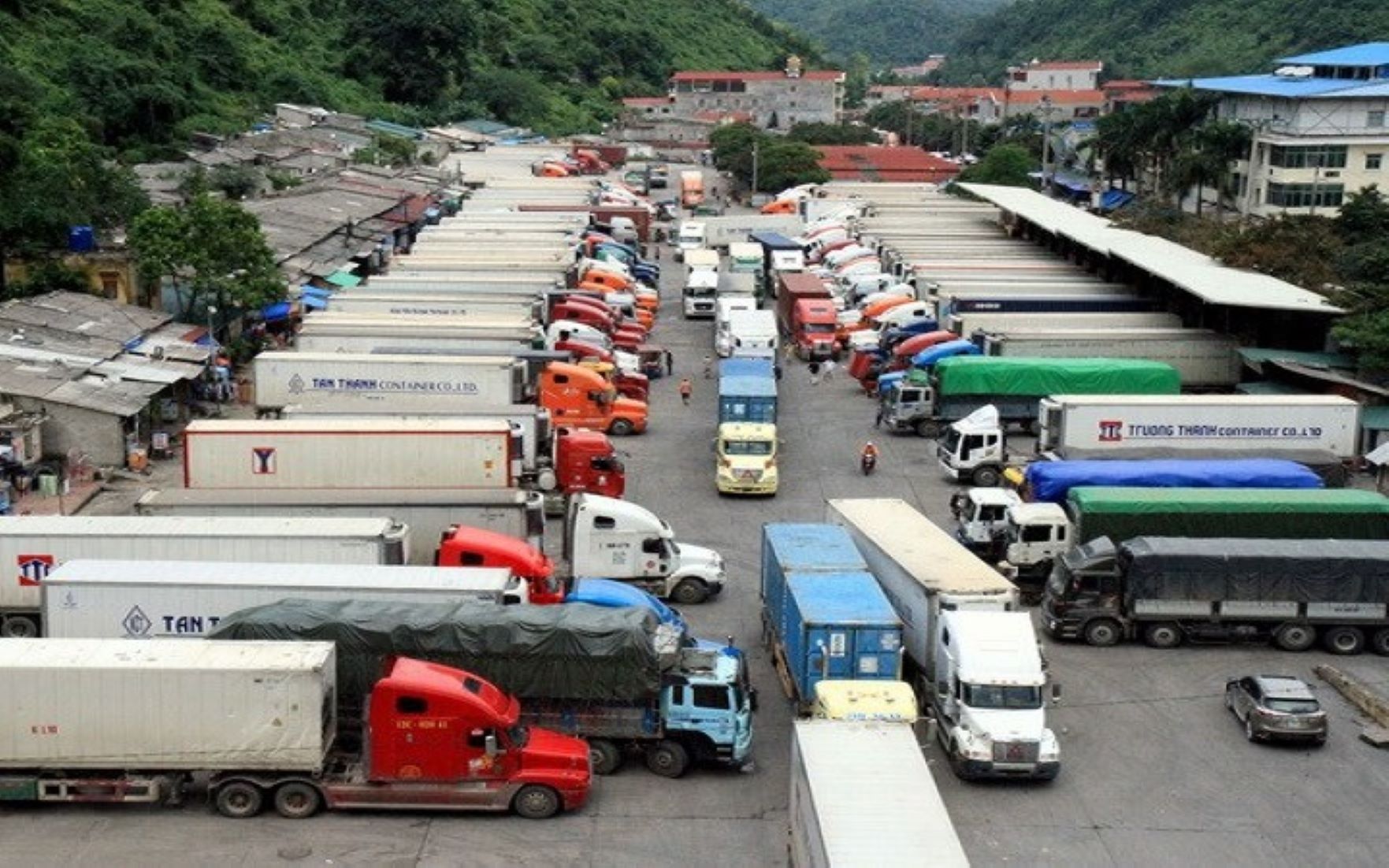HANOI, Jun 14 (NNN-VNA) – Vietnam’s export-driven economy is being blunted by global headwinds, on top of that, the cost to ship containers has remained high, hampering manufacturers in gaining a competitive edge, the Ministry of Planning and Investment’s online newspaper, reported yesterday.
Vietnam’s estimated logistics costs to gross domestic product (GDP) is about 16.8 percent, higher than the global average of 10.7 percent, according to the Vietnam Logistics Business Association.
Logistics costs account for up to 20-25 percent of the price of finished agriculture products, and this de facto levy has negatively affected the competitiveness of Vietnamese export companies, which have little choice other than absorbing the cost and passing it on to their customers, said Nguyen Dinh Tung, vice chairman of the Vietnam Fruit and Vegetable Association.
Wood and furniture exporters recorded costs of transportation, warehousing, customs services and other administrative charges, 10-15 percent higher than those incurred by their competitors, said Dang Quoc Hung, chairman of Ho Chi Minh City-based furniture manufacturer, Hawa Corporation.
Port congestion and delays in container returns have also made shipping costs increase by a third, said Ngo Tuong Vy, chief executive of a fruit export company.
High logistics costs lead to higher product prices and lower competitive advantages for Vietnamese goods. “Vietnam’s products would be less attractive to global consumers and international partners, especially amid ongoing headwinds,” she said.
Logistics services in Vietnam largely rely on road transportation, which accounts for nearly 80 percent of the freight volume transported in the country, Vietnam News newspaper reported.
When compared with their counterparts in China, Japan and Thailand, Vietnamese logistics companies have been at cost disadvantage due to inefficient business practice, said experts.
According to the World Bank, 68 percent of local companies has truck fleets with the capability of transporting a cargo load under five tonnes.
More efficient transport and logistics allow manufacturers, transport carriers, logistics service providers, and trade regulators, to reduce the cost of doing business. And such competitiveness enhancements can better position Vietnam to benefit from global demand, the World Bank said.
With technological advancements as a game-changer in the time of rapid changes, logistics is among eight industries for which the Vietnamese government has vowed to increase support, in digital transformation efforts, said Phan Van Chinh, head of the Agency for Foreign Trade, under the Ministry of Industry and Trade.
The logistics sector is aimed at contributing 5-10 percent of Vietnam’s annual GDP by 2030, said the transport ministry.– NNN-VNA






